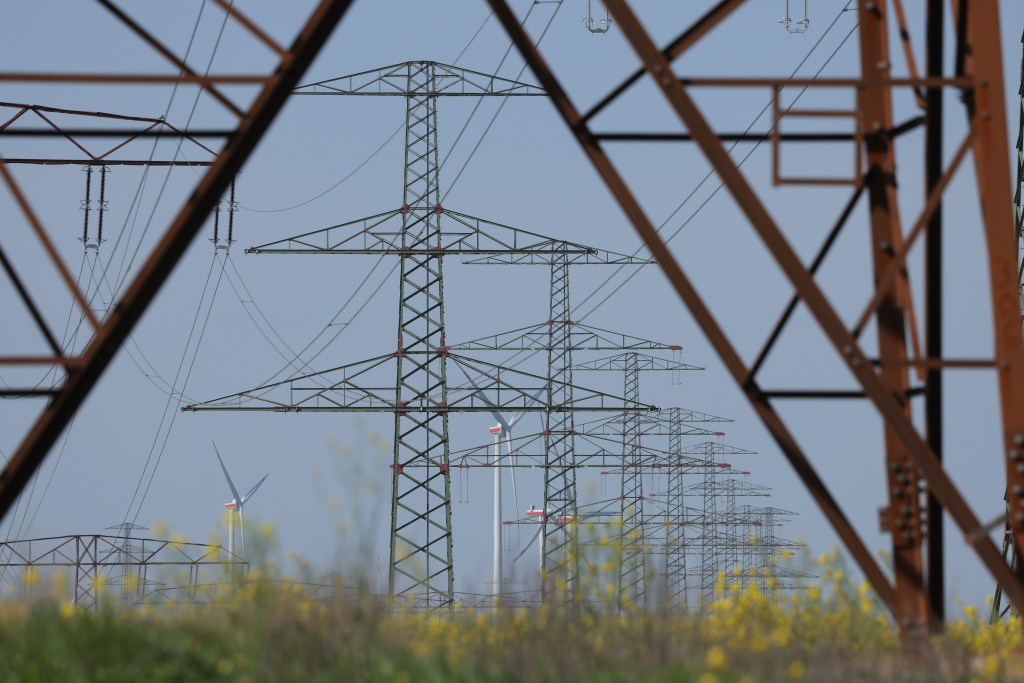With ESG now high on the agenda for most companies, the last few years have seen huge growth in the climate tech space, with $60bn invested in the industry in 2021 and a 210% increase on the US$28.4bn invested in the twelve months prior.
Some companies in this sector, such as
Register for free to keep reading
To continue reading this article and unlock full access to GRIP, register now. You’ll enjoy free access to all content until our subscription service launches in early 2026.
- Unlimited access to industry insights
- Stay on top of key rules and regulatory changes with our Rules Navigator
- Ad-free experience with no distractions
- Regular podcasts from trusted external experts
- Fresh compliance and regulatory content every day













